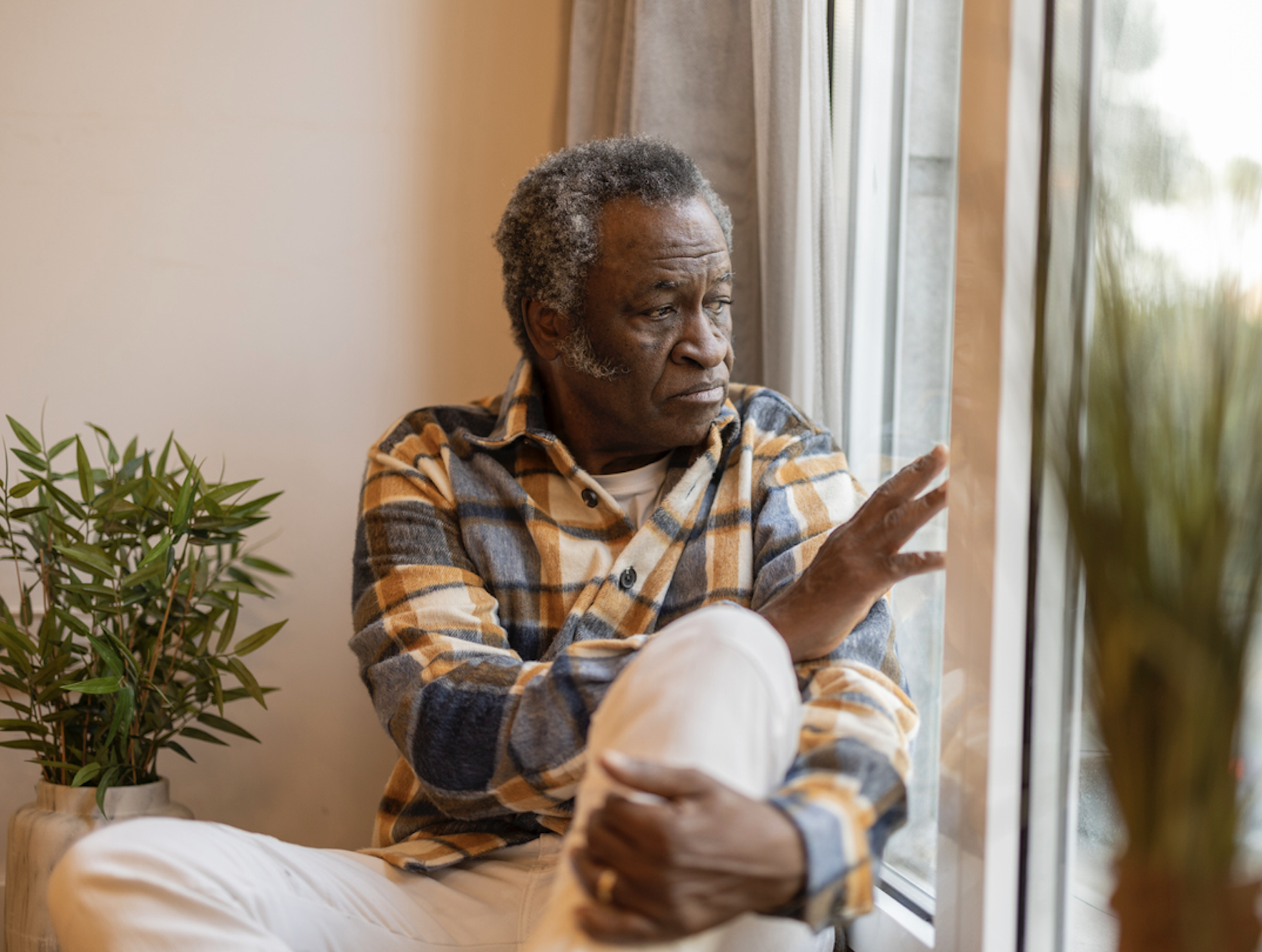Epidemic Proportions: Have You Been Swept Up In The Loneliness Epidemic?
August 9, 2023

This past April, US Surgeon General Vivek Murthy created quite a stir when he declared that our country suffers from an epidemic of loneliness and isolation. He issued a 70+ page advisory report on the importance of social connection for the health and well-being of our country. Murthy, the author of a previous book on loneliness ( Together: The Healing Power of Human Connection in a Sometimes Lonely World) also penned a personal essay in The New York Times, explaining some of the reasoning behind this new report, including his own bouts of loneliness and how he found his way back to a more connected life. While the report focuses largely on policy and community factors that could help us on a societal level, there’s plenty of useful information on how individuals can reflect on their own loneliness and learn to move beyond it to a happier, more socially engaged life. Among the suggestions he makes? Take time each day (15 minutes is enough) to reconnect with family or friends; Put down your device and avoid distractions when interacting with others; Pick up the phone when someone calls, even if it’s not a convenient time- you can always arrange a rescheduled call; and Serve others as a way to reinforce that you yourself are valuable and needed (in fact, recent research points to volunteering as a valuable way to lessen your loneliness). For more on Dr. Murthy’s concerns about the state of our country’s loneliness epidemic, watch his recent interview with journalist Maria Shriver here.
Loneliness is not just a sad mental state but has real consequences for your physical and cognitive health. Several recent studies not only confirm this fact but expand on the implications of loneliness as our population ages and as a threat to our country’s public health. Dr. Murthy himself quotes some alarming statistics: In those who are lonely, your risk of anxiety and depression increases. Your risk of heart disease jumps 29% and your risk of dementia jumps an alarming 50%. As well, in a new study from Duke University School of Nursing and NYU School of Nursing, published in Psychiatry Research, researchers looked at data from over 9000 adults aged 50 and over to discern if there’s a link between loneliness and insomnia, defined as difficulty falling and staying asleep, waking up too early and having nonrestorative sleep. They found a significant link between these 2 and hypothesized that insomnia may result from increased stress and anxiety that come from loneliness. Given that we know how important sleep is for general health, including cardiovascular and cognitive health, this adds one more negative impact of our loneliness epidemic.
Further research finds other alarming consequences of social isolation and loneliness. While the 2 are distinct afflictions (social isolation means limited social contact, while loneliness is a subjective feeling of being alone or not having your relationship desires met), loneliness often results from social isolation, though you can feel lonely even in a room full of people. More and more we are finding that social isolation and loneliness can cause serious negative health consequences, an especially worrisome impact as our population ages. As was recently reported in a study in Nature Human Behavior, these consequences can even be linked to an increased risk of death. “Individuals experiencing loneliness and isolation tend to avoid outdoor activities, physical exercise, social gatherings, and sharing emotions with others. As a result, they may suffer sleep deprivation, malnutrition, and weakened immunity, making them susceptible to various illnesses.” For more on this study, read here.
Given the myriad of health consequences that arise from loneliness, and the alarming number of people who seem to suffer from it, what can be done on both a societal level and among families and individuals? The Surgeon General’s Advisory Report, noted above, has a range of policy, programmatic and community-wide suggestions, and in fact, Senator Chris Murphy of Connecticut has now introduced new national legislation to bring a wider focus on the problem of loneliness and help craft solutions at the national level. On a familial level, family members who see that a loved one is lonely can take simple steps to begin to address the problem. As aging expert Carolyn Rosenblatt recently recommended, even a brief daily call makes a difference, as does a regular visit if possible. If not, have you done the homework to understand what resources may be available in your loved one’s community to help? Between friendly visitors, senior centers, exercise programs, and senior transportation options there may be a way to address some of the loneliness experienced by your older relative.
On an individual level, there’s no shortage of advice on how to overcome your sense of loneliness. The Washington Post recently warned that there are “mistakes’ that lonely people make that become excuses for not creating connections with others. For example, are you waiting until you “ feel better” to reach out to others? Don’t assume others will judge you harshly if you’re feeling less than social. Also, asking for help may be exactly what creates connections with others. As psychologist Jelena Kecmanovic explains, “A major cure for loneliness is to stop going it alone.” You may require the help of a mental health expert to get you to better understand your situation (certainly no shame in that). Still, there are also several simple suggestions you can try on your own, including physical activity, exploration of new hobbies, or adopting a pet. For more easy-to-consider ideas, take a look here.







